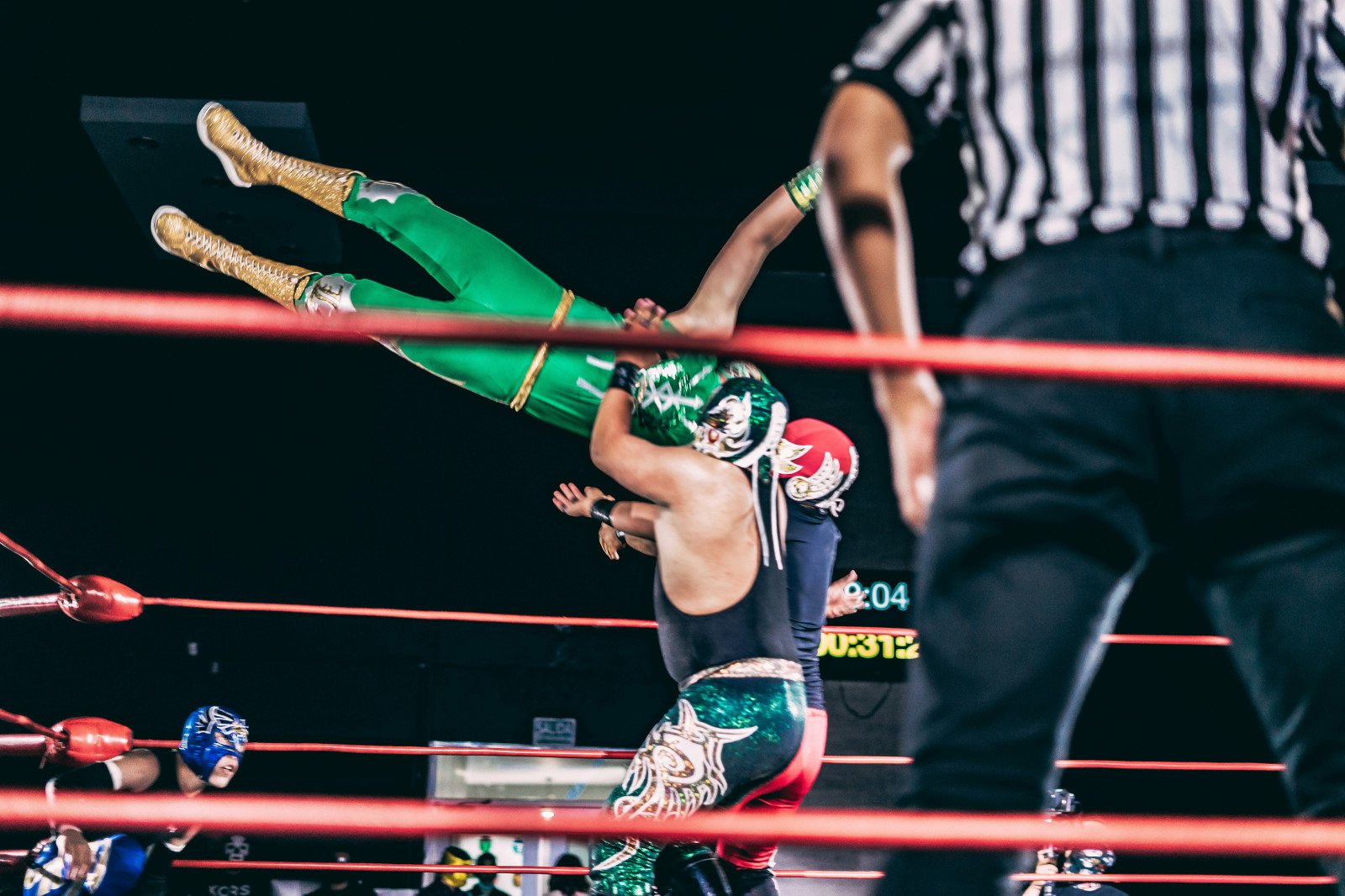Playable Post Malone in WWE is a cross-entertainment bullseye

Photo: Claudia Raya

Wrestling game WWE 2K24 shared an image of the playable Post Malone character this week. The rapper and producer is joining the playable roster as a part of the game’s upcoming DLC pack.
Having curated the soundtrack to WWE 2K24, becoming a playable character in-game is a further continuation of his relationship with the title and serves as a great case study for cross-entertainment in-game activations.
The perfect fit
When considering cross-entertainment partnerships, companies need to understand entertainment-wide preferences of a game’s userbase and the preferences of the artist’s fanbase. Where these two coincide is where the most effective partnerships form.
MIDiA’s brand tracker survey, which measures awareness, fandom, and engagement with key artists, games, TV shows, sports teams, and entertainment brands reveals the positive match that Post Malone represents for WWE.
Featured Report
Defining entertainment superfans Characteristics, categories, and commercial impact
Superfans represent a highly valuable yet consistently underleveraged audience segment for the entertainment industry. What drives this disconnect is the fact that – despite frequent anecdotal use of the term – a standardised, empirical definition remains absent, preventing companies from systematically identifying, nurturing, and monetising th...
Find out more…Post Malone is a global superstar, with 35% of 16+ consumers across the US and UK being fans of the artist. This rises to 45% across fight sports fans and to up to 55% among fighting games fans. Across all the game genres we track, Post Malone’s fandom is the second highest among fighting games fans. The only genre with higher Post Malone fan penetration is MOBA (multiplayer online battle arena) at 56%. Despite this, the fighting game fan segment is larger overall than the MOBA segment, so fighting games are the best games genre for Post Malone to pursue. If we take the fighting game fan segment as a reasonable proxy for WWE players, it means that over half of the addressable audience are fans of the rapper. So, compared to the consumer average, the concentration of Post Malone’s fans in this scene / community is 57% higher than in the general population. Addressing a scene / community with highly over-indexing fandom in this way will likely lead to higher conversion of ticket and merchandise sales for the artist.
Additionally, it is worth paying attention to the penetration of consumers that specifically dislike Post Malone. Even if fan numbers are high, a sizeable portion of the userbase disliking him could result in PR associated problems (e.g., if WWE fans decided to show their discontent on social media). While 11% of fighting game fans actively dislike Post Malone, this is relatively favourable number when we consider that for each critic there are five Post Malone fans in the fighting games community. If WWE executives had alternatively included a public figure such as Taylor Swift, for example, there would be greater distaste for the integration within the fighting games community (despite the size of her audience and commercial success, she is actively disliked by 17% of fighting games fans and only liked by 48%). The ratio of fans to critics is an important consideration to take into account.
Finally, awareness of the artist is also an important metric. It can support an assessment of the marketing impact of any given partnership announcement prior to the release. A staggering 94% of fighting games fans are aware of Post Malone, compared to 74% of the all consumer average. For context, this is higher than Ed Sheeran or Billie Eilish (both at 93% awareness among fighting games fans). Post Malone may not be the biggest artist in the world, but in terms of the fit for WWE, the partnership is a proverbial cross-entertainment bullseye. These numbers demonstrate just how valuable data can be to identify the right communities and scenes to create the most effective cross-entertainment partnerships.
Where else does Post Malone fit?
This is not Post Malone’s first time in cross-entertainment and will likely not be the last either. Besides the MOBA genre, the artists’ fandom over-indexes significantly in first-person shooter communities and trading card games-related communities such as Pokémon and Magic The Gathering (both of which Post Malone has been involved with in one way or another). One other notable over-index regarding Post Malone fans is among the fans of the TV show Euphoria. 67% of the fans of the show are active fans of Post Malone, potentially posing an opportunity for the creators to tap into, for example in form of an appearance.
If you would like to explore the opportunities and pitfalls of cross-entertainment activations for your brands or talent, please contact us.

The discussion around this post has not yet got started, be the first to add an opinion.